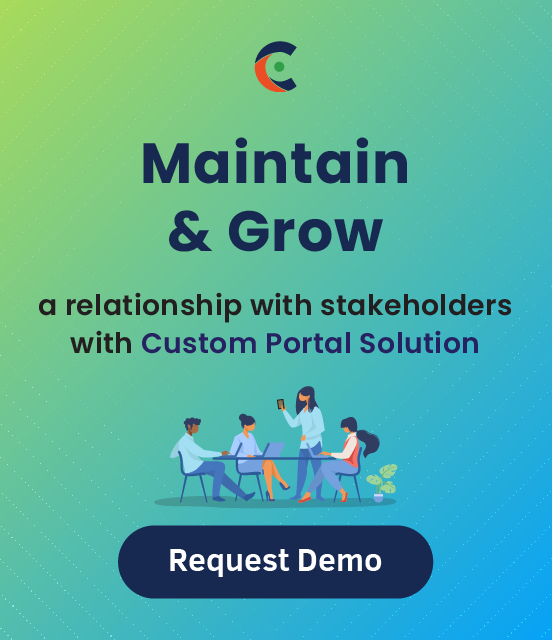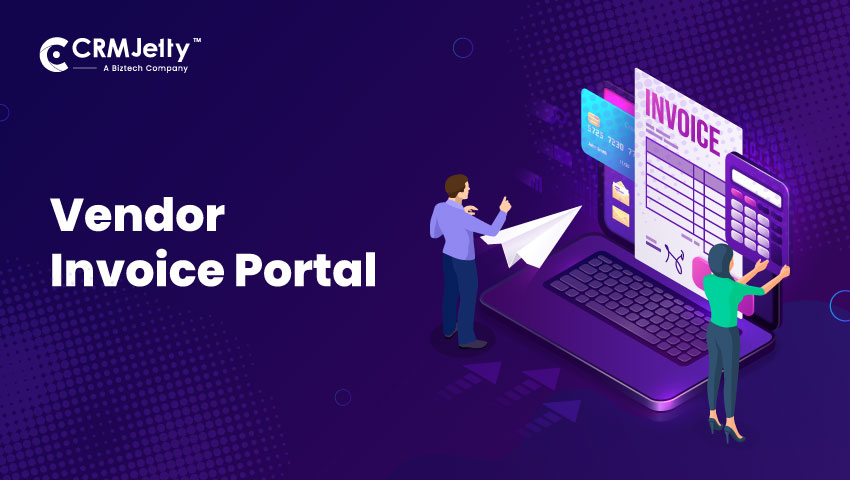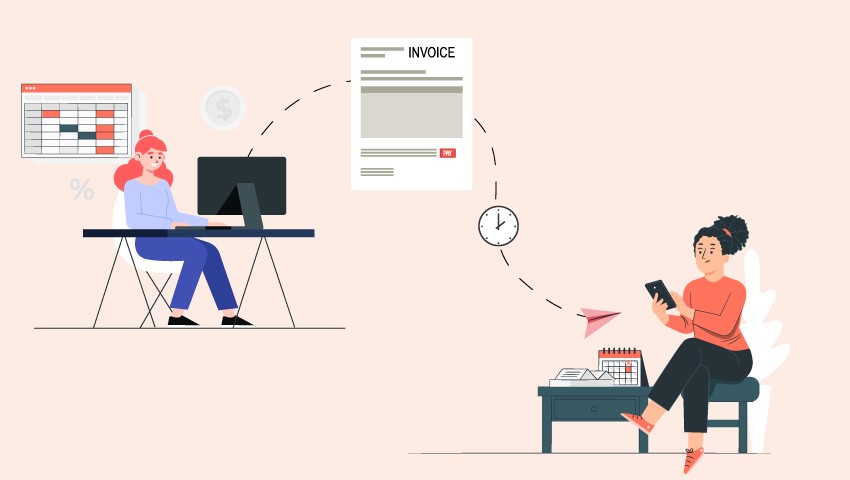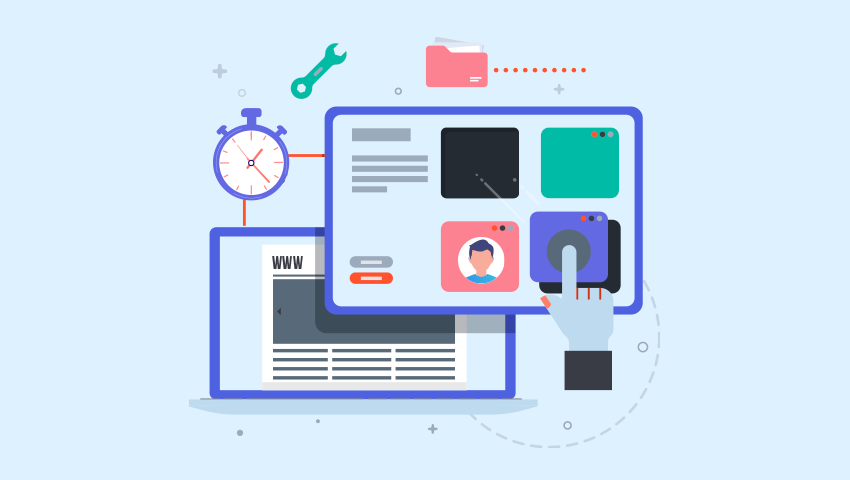If you have to measure your business performance, how would you do that? There are several parameters that you can quote like customer base, volume of orders, total sales, etc. but is that all? Nope, it isn’t because it is lacking one of the main parameters to assess where your business stands. That parameter is finding out how your customers perceive your brand.
One of the best ways to find your brand’s perception and customers’ satisfaction level is tracking your customers’ complaints. You should have a way to handle issues pertaining to different parties including customers, vendors, partners, etc. Customer complaints are one of the most important issues among all and you should always take them seriously and address them at the earliest.
This post will walk you through the meaning, reasons, types, channels of customer complaints, and more.
What are Customer Complaints?
Customer complaints are the customer’s way of expressing their dissatisfaction towards your product, service, or any other business aspect. Most of the customer complaints arise due to a gap between what your customers expect or what you promise and what they get.
Why do Customers Complain?
If you think you can satisfy every single customer and reduce complaints to zero, welcome to the real world! You should shun the utopian view that customer’s complaints will stay there forever no matter how best your efforts are.
Customers may always come up with one or more types of complaints as follows.
- Poor Product/Service – This is a typical complaint when your product or service doesn’t match your customers’ expectations and your promise too. In some cases, your customer may not know how to use your product or service but blame it on you. No matter what the reason is, you mustn’t take your customer’s complaint lightly and leave them to turn to your competitors.
- Out-of-Stock – While products going out of stock may indicate your high sales, prolonged out-of-stock or unavailability of certain products can lead to complaints. This is especially true for time-sensitive demands of customers.
- Customer-Service Related Complaints – These include complaints related to long-wait time, more response and resolution time than normal, shipment and refund issues, and bad support experience.
- Repeating the Problem – Customers hate it when they have to repeat their problems all over again to different reps. It happens when the rep handling your customers’ problem changes repeatedly which leaves your customer frustrated.
- No Follow-Ups – A follow-up communication is crucial to enhancing your customer’s experience. Failing to provide your customer with regular updates about progress can make them feel neglected or undervalued and decide to stop business with your company.
Importance of Customer Complaints
Customer complaints are actually “opportunities” to enhance your business. The only condition is that you must know how to use them to your advantage.
Here are a few ways customer complaints can benefit.
Gives a Better Understanding of Your Customer
Customers’ complaints help you get better insights into your customers’ preferences and changing habits as well. You can take note of those complaints and think of the strategies to resolve those complaints. For example, a customer approached with a generic demand for a feature that you find is in trend; you can consider upgrading your product to stay competent.
Elevates Customer Communication
When customers raise complaints and you communicate with them and assure them that you will resolve their issue. It helps enhance communication with customers and makes your customers trust you more. With effective communication
Helps Identify Loopholes and Areas of Improvement
Customers’ complaints give you one of the best reality checks for your business, products, and services. They help you understand what your costumes expect and where you stand in fulfilling their expectations. These complaints help you understand what your product or service lacks and figure out how you can provide that.
You can also call customer complaints as the first-hand review of your products and services. When a customer shares their experiences, it helps you find out what they think about your brand. Besides, it gives you the right problems like high pricing, missing features, bugs, etc. to work on, eradicate them, and fine-tune your products and services.
Types of Complaint Channels
When it comes to raising complaints, your customers go for using a variety of complaint channels.
Emails
Email complaints have both their benefits and drawbacks. As email is arguably one of the most asynchronous channels, customers expect the response time to be slower than other channels’. This gives you a little extra room to research and compose a well-thought reply.
However, replying to an email complaint can be tricky also because your customer can’t hear or see you. They can only read your email which increases the need to take extra care while choosing the tone of your language.
Unlike in live chat, you can’t correct anything wrong once you press SEND. And if you send something wrong, it can enrage customers further and lead to build-up of more issues. So, always check your response at least once for any ambiguity or word or phrase that your customer may take otherwise.
Live Chat
Customers prefer live chat as a means of conveying complaints as the response time is comparatively faster. Moreover, they don’t have to explain every single detail verbally unlike over phone or attach all the relevant documents or screenshots altogether unlike in email. They can simply state their problem first and wait for the reply.
They can then go with the flow of the communication and attach screenshots and required documents when the support agent asks. You also benefit from the slightly casual and “humanized” tone that you can use during chat to engage customers better unlike in email which requires fully formal language.
Phone
Phone is the oldest complaint channel that has been there even before digital channels arrived. Despite a variety of digital channels now, customers still want to connect with a live agent over the phone at times. This is because real-time conversation is irreplaceable in some places – especially when the problems are more complex.
To handle phone complaints, your support agents must be well-versed with your products and services. They should have all the knowledge and skills to take to a customer and provide them with what they seek.
Social Media
Customers can now wield the unimaginable power of social media. They can post a complaint about your brand or product/service on either their own social media profiles or yours or even both. They can also share the complaint across their different groups and tag your brand in that.
As these complaints are in public and everyone can see them, they are highly sensitive and impact your brand reputation very instantly. This is why you must respond to these complaints, consider them as high-priority, and come clean as immediately as you can.
Public Review Sites
Again a sensitive spot you must consider seriously. Public complaints on review sites require fast redressals as everyone can see them and make a perception about your brand. If you respond to complaints gracefully, it not only uplifts your brand image but also leaves an impression that you care and are respectful to your customers.
Ways to Tackle Customer Complaints
Acknowledge the Receival of Complaint
Always let your customer know that you have received their complaint immediately. Set up an auto-responder to not miss out on confirming the complaint’s receival to boost transparency.
Respond ASAP
Complaints are not general reviews and inquiries. They are urgent and you must treat them like that. The faster you resolve them, the higher are the chances to retain your customers. So, respond and resolve them as immediately as you can.
You can’t fix everything for your customer every time. Consider giving an alternative like a gift, discount, or additional reward points, etc. to compensate for the reconciliation in such cases. Let them know that you are sorry for their inconvenience, value them, and are willing to make up for the problem in every alternative way possible.
Analyze the Complain Properly
Of course, you must act fast but don’t rush so fast that you miss out on the complete details. Look into all the complaint’s details, sum them up, analyze them properly, and proceed after that. Don’t cut corners and provide half-baked solutions to your customers!
Record, Learn, Follow-Up, and Don’t Repeat
Make it a point to record all your customers’ resolved and new complaints in one place. This will help you gain full visibility of the types of complaints and also follow-up on the complaints easily. You can also pick one of manufacturing portal solutions to manage your customers’ complaints and solutions centrally. Learn from the complaints and try not to have your customers face the same types of problems again.
Monitor, Track, and Categorize Customer Complaints
Monitoring complaints in advance is advantageous. Ask your customers what they think at different stages regularly. You can send surveys, take follow-up calls, etc. to collect their opinions. Be more accessible and find the problem areas to tackle them proactively using the customers’ feedback rightly.
Simply put, make efforts to reach out to them before they reach out to you aggressively with a complaint in private or public. Monitor social media as there are times complainants may not mention your brand name directly but criticize you indirectly via hashtags or posts. Yes, Twitter hashtags are a rage nowadays – and they can make or break any individual or brand in no time!
After monitoring comes categorization and tracking of complaints. Doing this will help find out what went amiss and focus on them to bring everything back on track. To categorize complaints, review individual complaints and figure out the most common types. Collect all the complaints of one type in one list, those in the other type in the other list, and so on.
Every time a new complaint comes, you can refer to the lists you have and move that to the list it fits with a complaint management system like a B2B portal for manufacturers.
Want a B2B portal for your manufacturing business to streamline your complaint management? Our web portal can be the right fit for you with features like centralized customer management, secure log-in, etc.
So, let’s join hands to build the right portal for your manufacturing business.
How CRMJetty Can Bolster Your Complaint Management?
CRMJetty provides you with the best-in-class B2B portal for manufacturers that enables you to manage not only your customers but also your vendors and affiliates.
Our portal comes with several next-gen features as below.
Dedicate Space for Different Business Parties
Be it your customer, vendor, partner, affiliate, or any other stakeholder; you can use a separate dedicated space to manage them with our manufacturing portal solution.
Custom Business Logic
If your business logic is different from our default B2B portal for manufacturers, you can easily customize our portal to fit your business logic.
Accounting & Invoicing
Our B2B portal for manufacturers also provides an option to generate reports to all the stakeholders to streamline business operations and enhance visibility.
Security
No matter whether you choose to build a web portal as an extension of your CRM or independent of it; your B2B portal stays secure. This is because the database stays on your servers only. Also, access to information is password-protected as individual users have to log in to access the portal.
Easy Payments and Ticket Generation
Vendors and customers can easily view bills and invoices and pay them easily from within the portal. If costumes face any issue, they can log in, generate a ticket for the same, and track it until it gets resolved.
Integrate CRMJetty’s Portal – Streamline Your Complaint Management
Managing customers’ complaints is a tricky job that requires both the right ways and technology. While you can always vary your approaches, the right technology is a must to give you that edge. Manufacturing portal solutions give you that edge and our CRMJetty is one of the leading developers of B2B portal for manufacturers.
We can provide you with a ready-to-integrate portal solution and customize it to fit your business needs if you want. We also can develop a portal from scratch if you come with some exclusive demands specific to just your business.
All product and company names are trademarks™, registered® or copyright© trademarks of their respective holders. Use of them does not imply any affiliation with or endorsement by them.







